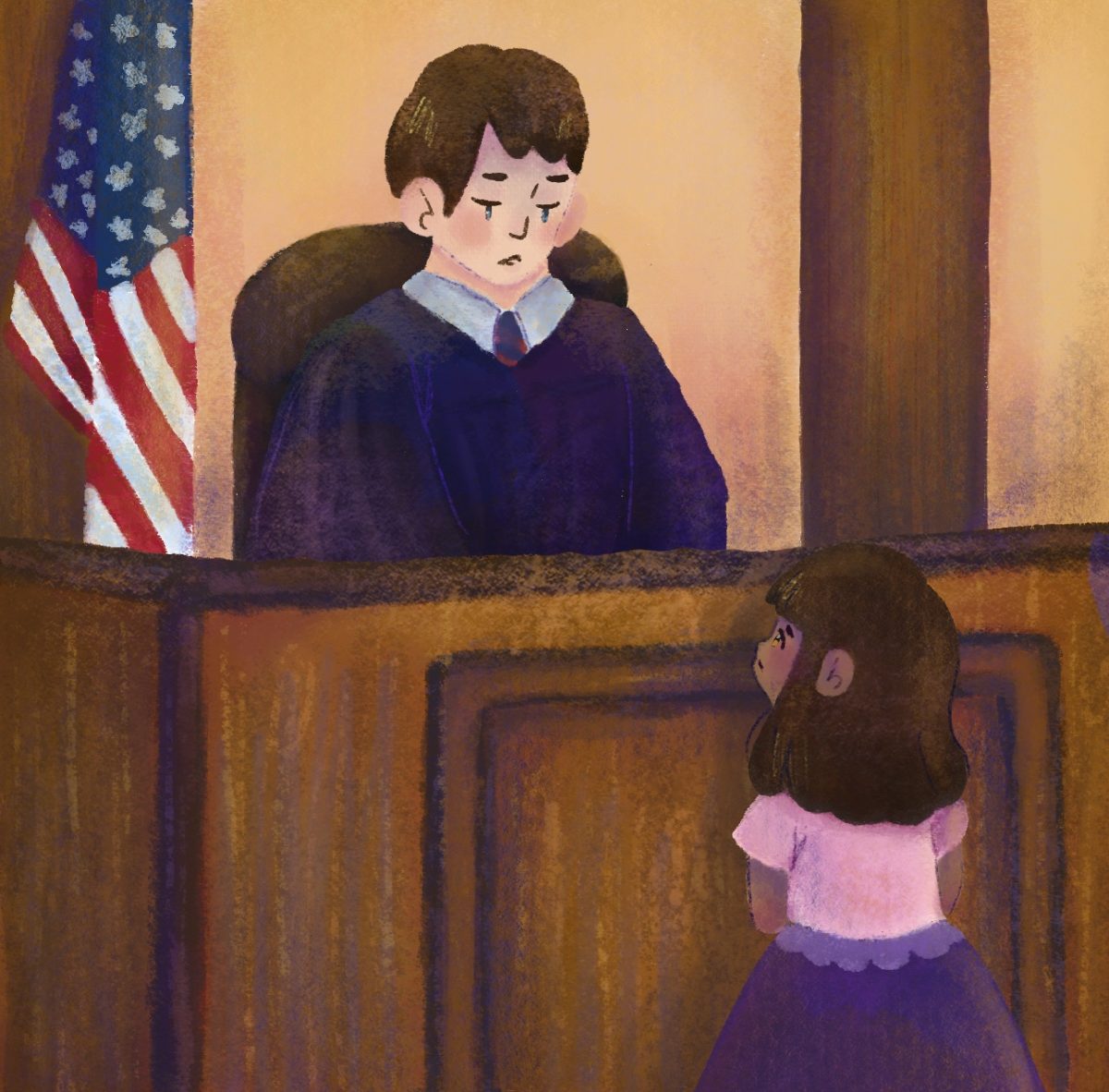PRO
By Karishma Warudkar
Contributor
Although in recent years the percentage of teenagers who are sexually active has gone down, the U.S. still has a higher rate of sexually transmitted diseases and teen pregnancy than any other industrialized nation in the world.
According to the Henry J. Kaiser Family Foundation, about 34 percent of young women in the U.S. become pregnant at least once before age 20.
This unfortunate statistic can be attributed to the failure of sex education programs in public schools that teach young people about sex, pregnancy and the risks involved because they fail to teach them that not having sex is a realistic option.
Abstinence education should be added to sex education programs taught in public schools.
Most public schools have a sex education program intended to prepare young people for sex by arming them with the information to make responsible decisions about sex, contraceptives, STDs, and the potential mental and emotional effects.
However, many classes and school health centers freely distribute sex protection, telling the teenager, “We know you’re going to do it anyway, so be safe. Here’s a condom.”
This message completely negates the notion that kids should make responsible decisions, as it provides an easy and cheap way to have sex without much responsibility.
There are many types of sex education, but there are two viable options for U.S. public schools to teach.
The first and most popular is comprehensive sex education, which does not focus on advising children to abstain until marriage or adulthood.
It also doesn’t provide much information on the psychological effects of having sex on a teenager who is not mentally or emotionally prepared for intercourse. Rather, it focuses on informing children about contraceptives and birth control and where to obtain them.
The second type is abstinence-plus sex education, which teaches about the same aspects as a comprehensive program, but puts the focus on abstinence and addresses moral and psychological issues in a more detailed manner.
I checked my brother’s ninth-grade health textbook and it uses the comprehensive sex education program. Abstinence and its benefits are briefly mentioned in one lesson, while multiple units with many lessons are spent discussing birth control, contraceptives and where to get them.
Although some people may believe the abstinence-plus education program is ineffective, statistics show that such programs reduce the percentage of sexually active teenagers significantly.
Georgia adopted abstinence-plus education as a statewide policy in 1995 and since then the teen pregnancy rate has dropped 46 percent.
The steepest declines occurred when abstinence-plus education was most highly funded indicating abstinence education can indeed make a difference in an adolescent’s decisions about sex.
Although the argument has been made that many studies show comprehensive sex education programs do not lead to earlier onset of sexual activity, it is equally true that under abstinence-plus education, fewer numbers of teenagers are likely to become sexually active.
This shows a simple change in curriculum can reduce the number of teenagers affected by pregnancy, STDs and the struggles with confusing emotions regarding sex such as guilt and confusion.
If you can save someone from such turmoil, wouldn’t you?
CON
By Kayla Martz
Contributor
Abstinence-plus education should not be taught in public schools. The best protection for teenagers against pregnancy and sexually transmitted diseases is a comprehensive sex education program in public schools.
Comprehensive sex education is a more widely used program in public schools and teaches students the importance of protecting themselves before and during sexual activity.
Adolescents learn that condoms and birth control are a much better strategy to combat teen pregnancy and transmission of sexually transmitted diseases than simply teaching abstinence, which is taught in abstinence-plus education programs.
Regardless of which sex education program is taught, some teenagers will get pregnant, and some will get STDs.
However, the teens who do have sex will be more informed about ways to keep themselves safe, if they are taught a comprehensive sex education program than the abstinence-plus program.
Much of the abstinence-plus curriculum is grounded in religious beliefs, but Thomas Jefferson’s concept of the “wall of separation” between church and state should be applied here.
The religiously-based abstinence-plus education program is not appropriate for public schools.
Whereas the comprehensive program has more safety advice and contains a more detailed plan to help teens protect themselves.
Even though the abstinence plus program covers the use of sex protection, it can confuse teenagers who are trying to learn and follow the guidelines.
I recall the comprehensive sex education program from my ninth-grade health class and it confused me, and many of my peers, because the class could tell the teacher clearly favored abstinence.
When both of these concepts are taught together, many safety issues may become obscured, which discourages adolescents from taking any precaution at all.
Following a comprehensive sex education curriculum is also less discriminatory.
The abstinence-plus curriculum highlights abstinence and encourages young people not to have sex until marriage. Yet, in most states, gay couples are not permitted to marry. The comprehensive sex education program I was taught did not ignore the gay relationship, nor were other forms of intercourse left unexplained.
The abstinence-plus education program discriminates against alternative lifestyles and is therefore, not as helpful and educational. A comprehensive sex education program is much more appropriate for public education.
Should parents, religious organizations and private schools wish to teach abstinence, this is perfectly acceptable. However, abstinence-plus education is not the proper curriculum for public education.





